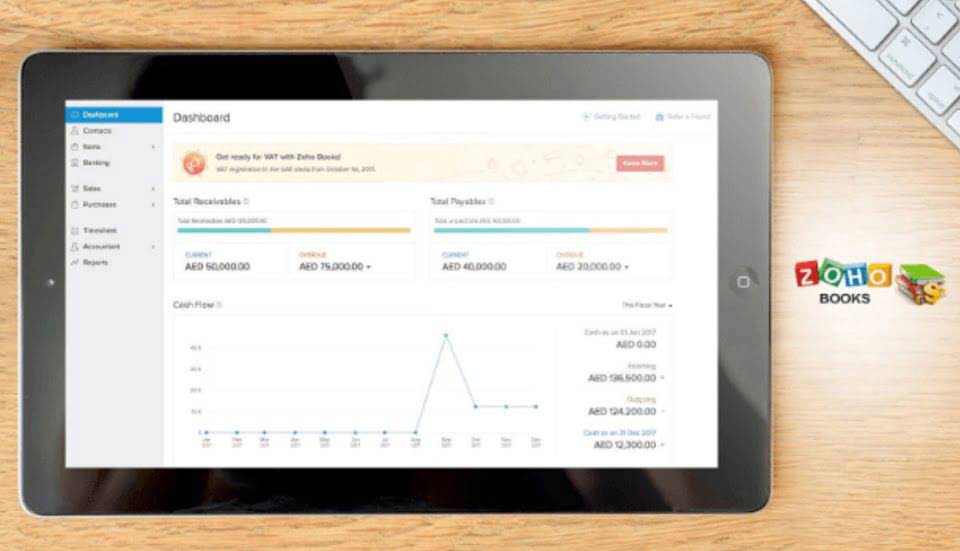
Understanding the nuances of interior design bookkeeper responsibilities is essential for maintaining financial transparency and making informed business decisions. Implementing a reliable interior design accounting software can streamline bookkeeping processes and provide accurate insights into your business’s financial health. Utilizing a bookkeeping cheat sheet pdf can further enhance your ability to manage financial data effectively and ensure compliance with industry standards. By implementing the tips mentioned in this article, you can maintain accurate financial records, track expenses, and ensure that you are making a profit. Proper accounting and bookkeeping practices are fundamental for the success of your interior design business.
Track recoverable expenses

We have a proven formula for mapping that is best for interior designers for analyzing your numbers and for sales tax. One of the cornerstones of effective bookkeeping in the interior design business is the regular maintenance and updating of all financial activities. This not only entails safekeeping client invoices and retaining receipts but also diligently documenting purchases, overheads, and every other form of monetary inflow or outflow.
- This meticulous financial management not only fosters efficiency but also empowers businesses to plan for the future strategically.
- These reports offer valuable insights into your business’s financial performance and can guide your decision-making process.
- We’ll consistently communicate with you regarding all your bookkeeping updates, specific for interior designing projects.
- On the expense side, it’s important to keep track of all your business expenses, both big and small.
- The number used in each term defines how many days a client has before payment is expected to be sent.
- Then, it’s best practice to enter all known preliminary project details into a project management system, like Design Manager, and have a sound plan to execute bookkeeping procedures.
Bookkeeping Tips for Interior Designers and Firms:
It provides you with the tools to track your cash flow, manage project costs, and plan for the future. Whether you choose to handle bookkeeping tasks yourself or enlist the help of a professional, the benefits of mastering bookkeeping for interior designers are undeniable. Budgeting and financial forecasting are essential tools for interior designers. A budget helps you divide funds to different areas of your business.
Ways to Create Luxury Interior Design on a Limited Budget
Efficient planning for maintaining balanced books and preparing financial statements is vital. Basic tools like MS Word and Excel fall short for growing businesses, but affordable accounting software tailored for business needs is readily available. Effective bookkeeping is vital for small businesses, enabling precise income bookkeeping for interior designers and expenditure tracking, segmentation, and organization. This meticulous financial management not only fosters efficiency but also empowers businesses to plan for the future strategically. A well-structured budget serves as a roadmap, steering businesses away from financial instability and unforeseen obstacles.
We get you set up
If you invoice consistently, clients will be aware of the current costs and be able to address any concerns they have more promptly. That means fewer concessions from you—discounts, rebates, or even just swallowing a write-off. By invoicing consistently, you can minimize the https://www.bookstime.com/ risk of account receivable write-offs and decreased income for your firm. The top 5 accounting tips for interior designers are to keep track of time, track recoverable expenses, use purchase orders, stay consistent on invoices and use good business management software.

Helping interior design companies manage money & other resources
On average, expect to spend 15 minutes each month answering questions for your bookkeeper, or uploading supporting docs. We sync seamlessly with your financial accounts and tools to keep your books up-to-date and save you the time and effort of manually uploading documents. Note that there are things that might need closer attention to detail because not everything will automatically transfer to Quickbooks. However, if you have followed our recommendation and hired a bookkeeper who is familiar with the industry, they will likely know what they are doing.
- It’s important to have a system in place for issuing invoices.
- By recording your expenses, you can see where your money is going.
- Making a company policy of logging in hours can prevent you from underestimating the hours spent on a project, especially when outdoors.
- Logging activities regularly such as proposals, time billing, invoices created, sales, payments made, etc., lets you keep a clean and detailed record that can aid the bookkeeping process.
- You want this information to be as accurate and consistent as possible.
- By maintaining accurate records of employee payments, you can effectively manage your payroll process and promote a positive work environment.
- Financial forecasting involves projecting your income and expenses into the future.
